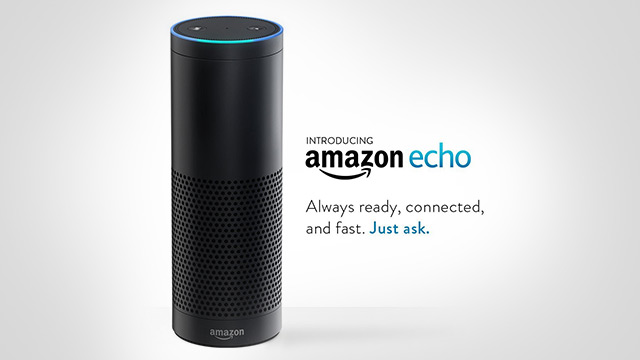
First developed for the U.S. military as a way to keep food "fresh" without refrigeration, MATS involves immersing packaged food in pressurized hot water while simultaneously blasting it with microwave frequencies at 915MHz. This process rapidly destroys food pathogens and spoilage microorganisms, as well as much of the food's nutrition, rendering it dead as a doornail, and thus free from unsightly mold or foul smells.
MATS food represents everything that health-conscious consumers don't exactly want to be putting inside their bodies, by the way. But it's a perfect fit for Amazon's monopolistic drive and just-in-time distribution model, which relies heavily on long-term storage and low-cost logistics. In essence, Amazon wants to tap into every area of the grocery business, in this case by implementing a system that avoids the troubles and expenses of having to refrigerate food – instead opting for fresh-looking food that's been radio-blasted to maintain the appearance of goodness and nutrition.
While Amazon already has another home delivery service known as AmazonFresh that delivers non-irradiated groceries to people's doorsteps, the MATS concept stands to generate even more income and control over this lucrative market. AmazonFresh has already been around for about a decade, and with Amazon's hopeful acquisition of Whole Foods Market, the sky's the limit. Implementing MATS into the mix would only further bloat the multinational's grocery portfolio, in other words, giving the company an upper hand over the general food supply.
"They obviously see that this is a potential disruptor and an ability to get to a private brand uniqueness that they're looking for," stated Greg Spragg, a former Walmart Stores Inc. executive, and head of a MATS technology start-up, about Amazon's latest endeavor. "They will test these products with their consumers, and get a sense of where they would go."
AmazonPharma will treat all the diseases you'll get from consuming dead MATS food
While MATS has the potential to become a huge profit generator for Amazon, the concept spells health disaster for consumers. Packaged meals that stay "fresh" for a year or more aren't exactly the most biologically active when it comes to supporting the nutritional needs of the body. This means that people who consume them on the regular will be more prone to developing nutritional deficiencies and chronic disease.
Amazon apparently has an answer for that, too. As Natural News recently reported, Amazon is actively trying to break into the pharmaceutical market as well, having reportedly hired a team of professionals to develop plans for how best to market and sell drug pills to consumers.
No, it's not actually called AmazonPharma (at least as far as we can tell). But it could end up functioning as such, adding another $50 billion in annual sales and profits to Amazon's already bloated portfolio. Combined with its anticipated MATS food business, Amazon stands to make a whole lot of money from dead food and synthetic medicines.
You see, when people who consume MATS food products end up developing chronic illnesses stemming from their lack of nutrients and altered genetics, they can simply log on to Amazon to order up some pain pills and heart medications. It's a financial win-win for Amazon, which stands to profit immensely by gaining management power over its customers from "fork to pharma."
Amazon has already begun selling its own medical supplies, reports indicate. And its popular Amazon Web Services platform is already being integrated within several big health corporations, including major pharmaceutical companies like Bristol-Myers Squibb and Orion Health. Amazon CEO Jeff Bezos has even indicated that he plans to dominate not only the pharmaceutical industry, but the entire healthcare marketplace.
There's already talk of Amazon developing a type of healthcare marketplace in which consumers would have the ability to purchase access to doctors, medical services, and even drugs, all via the Amazon portal. Some speculate that Amazon will eventually offer delivery services for pharmaceuticals as well, which would threaten to put places like CVS and Walgreens out of business.
Though Amazon hasn't commented directly on whether or not it plans to enter the pharmaceutical business anytime soon, reports from back in May suggest that the company has been working to hire a general manager to lead its business development division, recruiting from a pool of folks that include those from the healthcare industry.
Sources for this article include:
Please contact us for more information.























